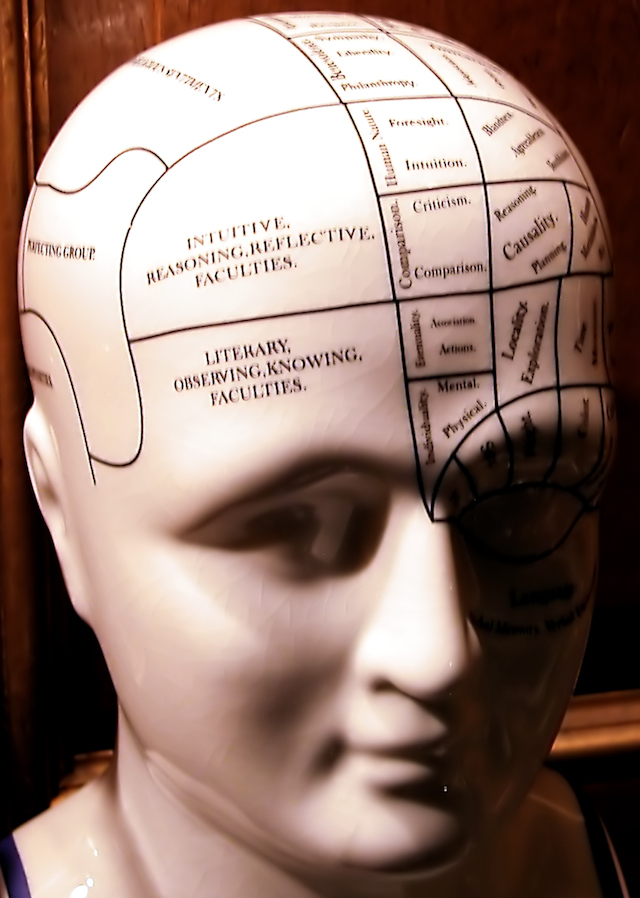Alzheimer’s disease is the sixth leading cause of death in the United States. More than five million Americans are living with the disease.
-
Alzheimer’s Disease Facts and Figures 2013
-
What is Alzheimer’s Disease (AD)?
Alzheimer’s is the most common form of dementia that affects
memory, thinking and behavior. It is not a normal part of aging although the
majority of people who suffer from AD are over 65 years of age. Some people as
early as 40 can develop symptoms. There is no cure but research is being done everyday
to find a cause and effect answer to this silent and sneaky disease. Knowing
the signs and symptoms is key to early detection. -
Neuroscientists identify protein linked to Alzheimer’s-like afflictions bit.ly/166K3NR
-
Causes
It is not definitively known what causes Alzheimer’s but scientist are always finding links to various environmental and physical signs that point to an overall map of the disease. The human brain cannot be studied in depth until after death so it is difficult to pinpoint brain activity leading up to a diagnosis. There has been speculation over the years that aluminum is a contributing factor but no studies have supported this theory.
-
 Why Not Everyone Gets Alzheimer’s
While the exact cause of Alzheimer’s is still not completely understood, it’s generally observed that people with the condition h…
Why Not Everyone Gets Alzheimer’s
While the exact cause of Alzheimer’s is still not completely understood, it’s generally observed that people with the condition h… -
Stages and Warning Signs
In the early stages of AD, stage one, the person does not experience any memory problems and medical evaluation doesn’t uncover any evidence of dementia. However, there are warning signs that could point to the second stage of AD, which, may lead to a possible diagnosis. The most prevalent is memory loss. We all forget to do things or forget where we put our car keys but that is usually due to everyday stress. In normal age-related functionality, we eventually remember. AD related memory loss is forgetting recent dates, events or other information and never being able to recall that information. Another major indicator is a decrease in task related activities. An example of this is being able to follow a familiar recipe or forgetting the directions to a frequently traveled destination such as the grocery store and back home. In stages three and beyond, a lot of AD sufferers become disoriented and confused and sometimes go missing as a result. They can no longer remember names, faces, or solve basic math equations; they become moody and reclusive and will eventually need assistance with basic dressing and hygiene. Getting treatment medications at the first sign of memory loss can slow the tide and improve the quality of life.
-
Memory-Loss stops “Internal Clock” for Alzheimer’s and Dementia Sufferers – They lose “sense of time” – –… tinyurl.com/4mvxtmo
-
Treatment for Alzheimer’s Disease
-
 New Alzheimer’s Research Could Lead To Treatments
Alexis McKenzie, right, executive director of The Methodist Home of the District of Columbia Forest Side, an Alzheimer’s assisted-liv…
New Alzheimer’s Research Could Lead To Treatments
Alexis McKenzie, right, executive director of The Methodist Home of the District of Columbia Forest Side, an Alzheimer’s assisted-liv… -
Even though there is no cure for AD, drug and non-drug related therapies might help with memory and behavioral symptoms. The drugs used to treat memory functions are called cholinesterase inhibitors. These drugs tend to work best in the early stages by increasing the level of acetylcholine, a chemical messenger that assist the memory. The increase will support communication between nerve cells in the brain. The Food and Drug Administration (FDA) has approved these drugs under the names Aricept, Exelon, and Razadyne.
-
Nasal spray could cure Alzheimer’sScientific American A quick sniff of a nasal spray sends microscopic metal particles into the brain, where they target and destroy the da…
-
There are non-approved treatments such as vitamin E therapy but no factual data supports the benefits. As always, consult your physician before taking any medication or supplement.
-
How do I know if I am experiencing symptoms?
-
 Don’t Trust Online Tests For Alzheimer’s Disease
A number of online tests for Alzheimer’s disease have cropped up on the Internet in recent years, claiming to be able to diagnose the…
Don’t Trust Online Tests For Alzheimer’s Disease
A number of online tests for Alzheimer’s disease have cropped up on the Internet in recent years, claiming to be able to diagnose the… -
There is no single test to determine if you may have early onset dementia or Alzheimer’s. Diagnosis can only be made by doing a complete medical work up by a doctor or neurologist. Be prepared for the doctor to ask about symptoms of memory loss (when did it start, how long has it been going on, etc.) The doctor will also take a family history because Alzheimer’s Disease can run in families. Blood, urine, blood pressure, and other diagnostic test will be done to determine if it is just age or a more serious problem. Self diagnosis is not recommended or advised. Only a doctor can determine if you have Alzheimer’s Disease or dementia.
-
Approaching Darkness: One Man Blogs His Descent Into Alzheimer’s on.mash.to/1621e0f
-
Support
If you are diagnosed with Alzheimer’s or dementia, there are support groups available to help you. Your doctor can recommend one or call on family and friends. For more information, you can contact the Alzheimer’s Association 24/7 hotline at 1.800.272.3900 for assistance.
Sources:
Alzheimers Associationalz.org
Scientific American scientificamerican.com/




